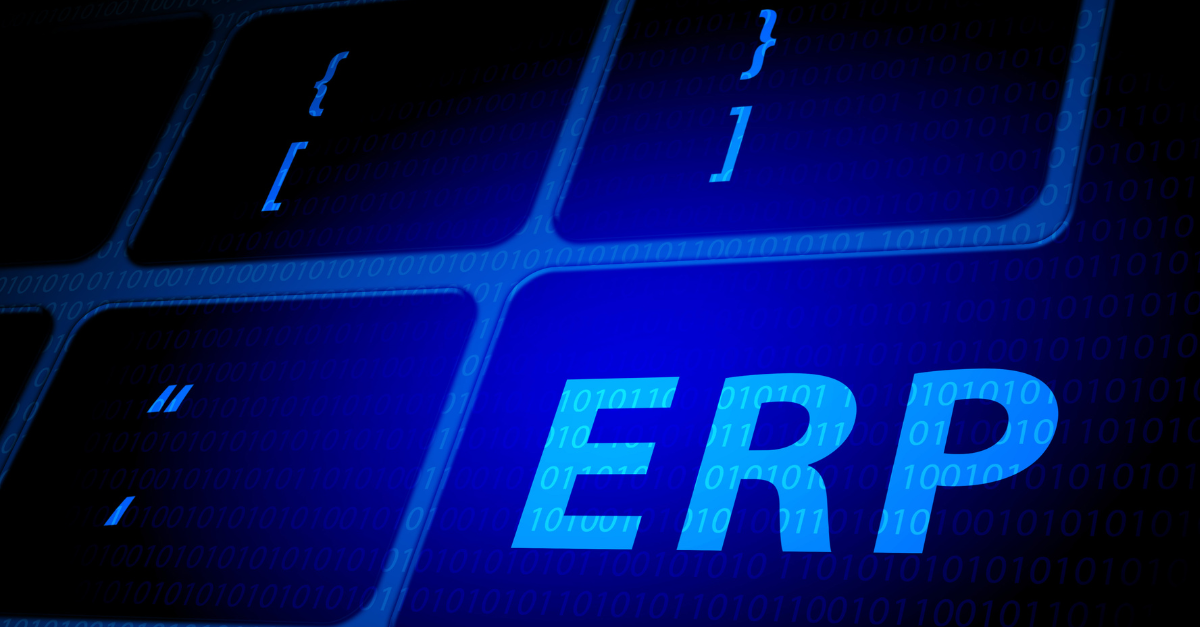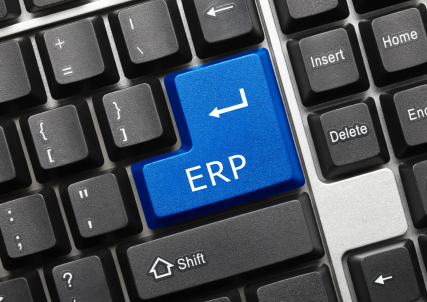Content
There are dozens of different types of enterprise resource planning (ERP) systems that differ in a number of ways, including:
- Origin. Custom development, SaaS, and Open Source solutions.
- Complexity. A single ecosystem, a set of modules, a separate product.
- Direction. For work with personnel, operations, and comprehensive solutions.
- Scale. For small, medium, and large businesses.
- Affordability. Low-cost, expensive, and balanced options.
However, it is extremely rare for these systems to be classified by the industries in which they are used.
Today, we’re going to fix this and tell you about four types of ERP for different business segments.
Conceptual Differences
You can say that, as much as you like, different types of ERP systems share common platforms and are no different. However, this is not always the case.
There are more than enough differences between different ERP software types, for example:
- Design. Each subtype of platform is built for a specific category of users, so it differs from its analogues, including the dashboard and functions displayed on the panel for convenience.
- Modules. If in the conditional insurance business, the ability to work with insurance claims is critical, then for logistics, you will need an access panel to drivers and quick communication with them.
- Synchronization. Different business segments require different APIs to access third-party systems. For example, to synchronize with messengers, databases, external products, and equipment.
- Availability and security. For some industries, typical cloud environments are unacceptable due to privacy risks. Therefore, sometimes the Back-End is deployed on local secure hardware.
- Scale. Depending on the needs and specifics of the business, ERP can be either a small product or a complex infrastructure unit in the company’s asset.
However, this is all theory that does not cover the practical differences between systems. Therefore, let’s move on to an overview of the technical features of their implementation.
Features of ERP for Different Industries
To help you better understand the nuances and differences between different enterprise resource planning types, we decided to demonstrate them using our own case studies.
In particular, let’s look at the specifics of systems for the following industries:
- Security and Patrol Services.
- Insurance.
- Legal.
- Logistics.
We will also mention ERP for the banking industry and one of its useful features for all segments.
Security and Patrol Services
Security guard software should be not only safe but also productive, with a modern interface and capabilities so that dispatchers can respond to calls quickly and accurately.
What is usually implemented in systems for this business segment:
- Configuration of the security service product.
- Creating and managing a list of security guards and their classes.
- Manage the training process for security guards and questionnaires on the knowledge gained.
- Online request system for security services.
- CRM integration for managing potential clients and services.
- Creation and management of changes.
- Comprehensive incident reporting and management.
- Detailed schedule and timing of security guards.
- Manage the recruitment of security personnel.
Read more about the other nuances of similar projects in our case study.
Insurance
A type of ERP used by insurance providers to automate processes in the company. Not only those related to personnel or customer management, but also, for example, underwriting or insurance claims analysis.
Typical versions of systems for this industry have the following capabilities:
- Workflow automation.
- Role-based access control.
- Customizable reporting.
- eSign integration.
- Policy tracking.
- Automated ethics and compliance program.
- Notification of policy violations.
- Web and mobile applications.
Depending on the needs of a specific company, other modules can be added to the platform, such as an LLM-based bot, CRM for customer service and marketing, etc. Want to learn more about the system’s features? Check out one of our previous projects.
Legal
A law firm ERP, like systems for banks, must be secure and easy to use. We recently developed such a platform for a law firm.
And this is what the client received:
- Case management.
- Litigation management.
- Document management.
- Electronic signature.
- CRM and lead management.
- Intelligent questionnaires.
- VoIP integration.
- Invoicing.
- Integrated chat.
- Web and mobile applications.
- Human resources management.
Check out the current case study to learn more about the platform’s features.
Logistics
For this segment, the ERP system is almost a magic wand that helps staff to better manage logistics processes and more.
Key features of this type of platform:
- Real-time data tracking using QR codes.
- Automatic report generation.
- Temperature control.
- Dashboard with up-to-date information on logistics.
- Web and mobile applications for corporate mobility.
- User access control.
- Automated data entry.
- Data backup and recovery.
Want more details? Find them in our case study.
Why Is It Important to Consider Business Specifics When Developing an ERP?
Every business has specific needs. Even the way how an ERP is implemented affects its effectiveness.
For example, it is quite possible to take a platform template and “complete” a personalized product based on it. However, this is not the case if you have any specialized requirements, including those for the technical stack. In this case, only the development of an ERP from scratch will help.
Let's Summarize
Depending on the type, size, and industry of your business, you may need fundamentally different ERPs. They will mainly differ in:
- Design.
- Modules.
- Technologies.
- Scale.
- Integrations.
All of these will impact the effectiveness of the platform and its usability by staff. So don’t believe in the promises of ERP “universality”, but use personalized products.
Don’t have one? Entrust the development of ERP for your business to AdvantISS experts!




